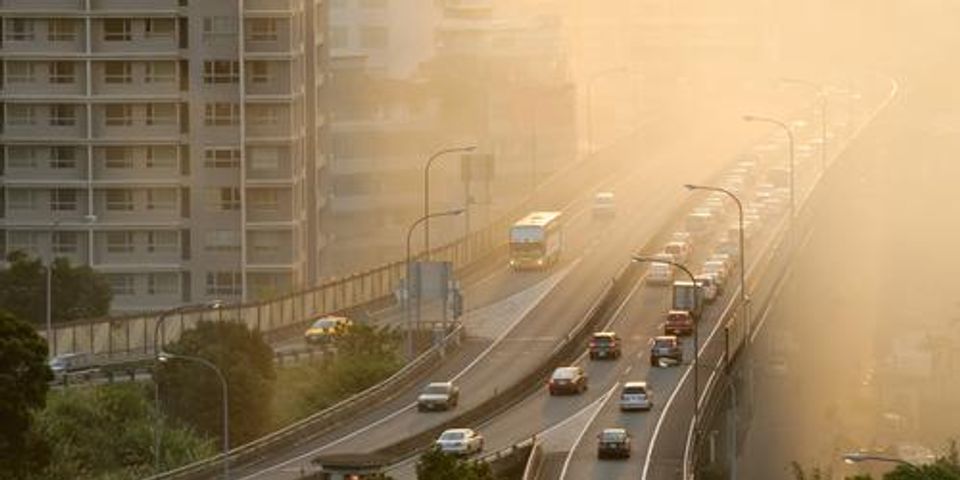What You Need to Know About Air Pollution & Asthma Symptoms

Air pollution occurs when excessive amounts of chemicals or gases are introduced into the atmosphere and contaminate the air. While this could hinder the earth’s habitability for humans and animals in the future, it can also affect your health today. Below, the medical professionals at Allergy and Asthma Specialty Center/Masood Ahmad, M.D. in West Chester, OH, outline the relationship between air pollution and asthma symptoms.
How Does Air Pollution Affect Asthma?
 The most common air pollutant is ozone, which may appear as smog, especially in cities where there are many cars. Ozone irritates the lungs and airways, which in turn triggers asthma symptoms and may even lead to asthma attacks. Other contaminants like smoke and dust can enter through the nose and mouth, reducing lung function and also increasing the risk of an attack.
The most common air pollutant is ozone, which may appear as smog, especially in cities where there are many cars. Ozone irritates the lungs and airways, which in turn triggers asthma symptoms and may even lead to asthma attacks. Other contaminants like smoke and dust can enter through the nose and mouth, reducing lung function and also increasing the risk of an attack.
What Should I Do When Air Pollution Is High?
You can check the EPA’s Air Quality Index, which monitors the levels of air pollutants in your area. If it surpasses a level of 101, this could be dangerous for people with asthma symptoms. During this time, you may want to avoid the outdoors and physical activities.
How Can I Prevent Indoor Air Pollution?
The circulation of dust particles, contaminants, and mold can also pollute your indoor air. As it is easier to take control of the level of pollution within your home, it’s important to take certain preventative steps. This includes routinely changing the air filter of your HVAC system, using a dehumidifier, and cleaning your carpets and floors.
If you have asthma, it’s important to be aware of the various environmental factors that could increase the risk of an attack. To schedule an appointment with a specialist, turn to the allergy doctors at Allergy and Asthma Specialty Center/Masood Ahmad, M.D. in West Chester, OH. Their team is dedicated to helping patients of all ages manage their allergies and asthma symptoms. Call (513) 777-7097 to speak with a doctor or visit their website for more information.
About the Business
Have a question? Ask the experts!
Send your question

